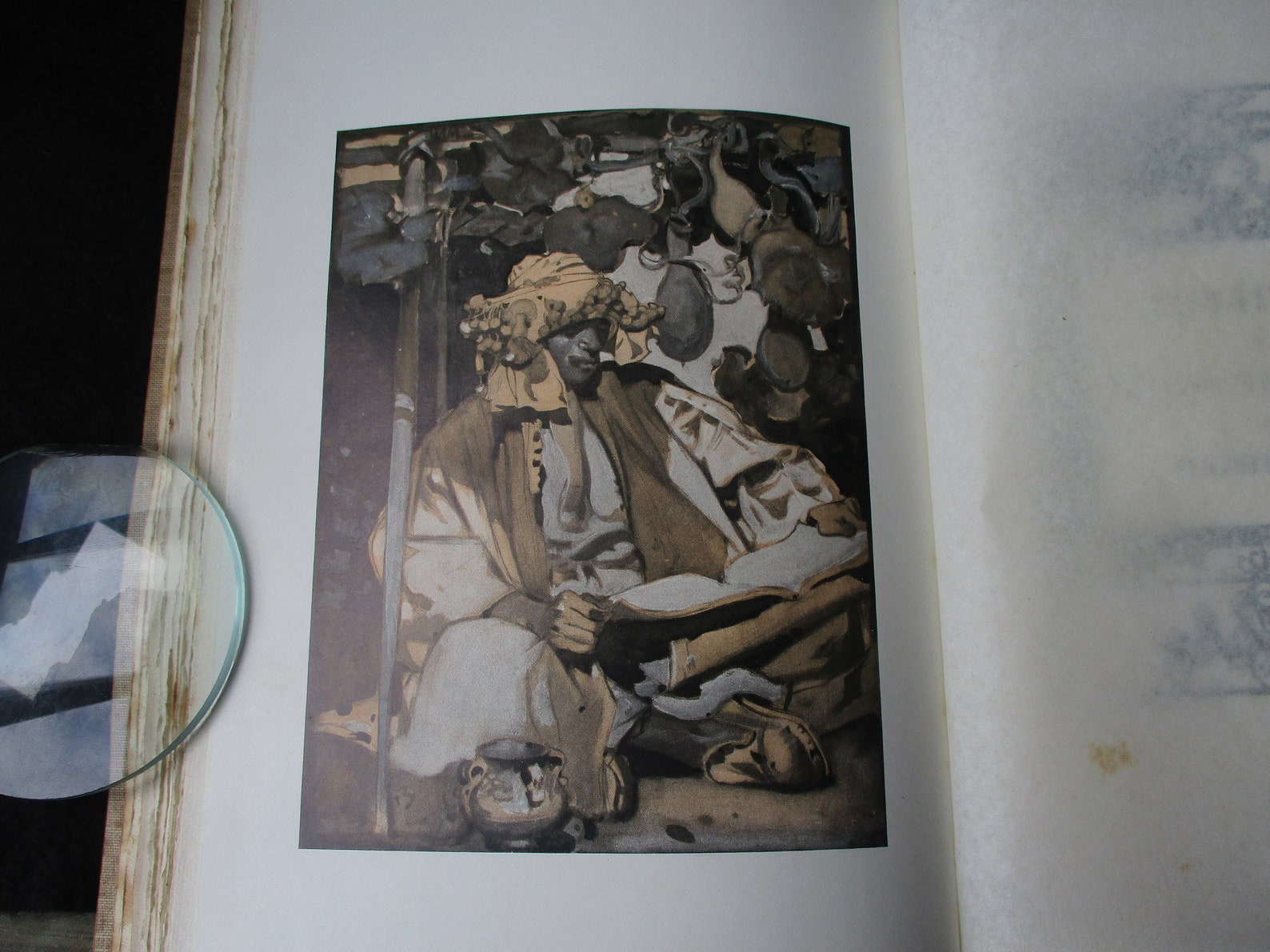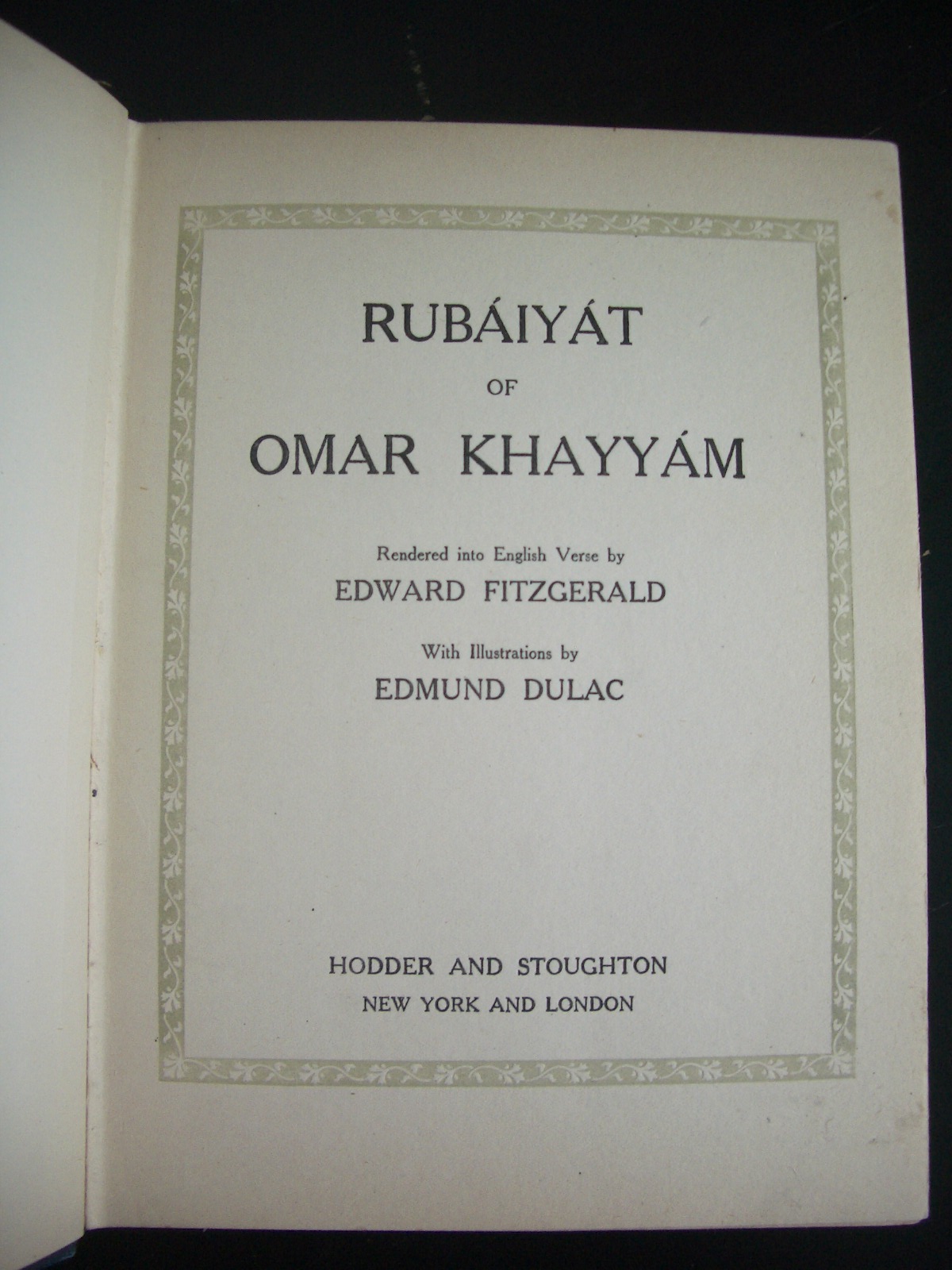


However, Edward Fitzgerald's version has definitely gained more prominence than any of the originals. This bold statement might be contested by many, as his translations are often found to be more artistic and less accurate. He himself stated that there might be no one else who took such care in translation as he did with this piece. The Rubaiyat of Omar Khayyam is one of Edward Fitzgerald's masterpieces in translation. We are thankful for their contributions and encourage you to make your own. GradeSaver, 6 September 2020 Web.These notes were contributed by members of the GradeSaver community. "The Rubaiyat of Omar Khayyam of Naishapur Summary". Next Section Character List Previous Section Poem Text How To Cite in MLA Format Magdalena, Siciu. Instead, the narrator urges the reader to turn to religion, music, visual arts, and literature if he wants to find true happiness and to learn how to live a righteous life. Love is also seen as fleeting and as such, not a proper source of happiness. In fact, women are portrayed in a rather derogative manner and are pointed out as being the ones which have the power to push a man to sin. Love and women are not seen as being able to cause happiness. In fact, he claims that lasting happiness does not come from fleeting pleasures such as the ones produced by sexual sin but rather by becoming involved in activities that are educative and can enlighten. The narrator advocate for a life lived in complete sin or a type of life in which a person never denies himself anything. It is thus a person's moral obligation to try and live a life that is as fulfilling and as happy as possible. Life is described as being fleeting and unstable. As such, instead of looking towards others for guidance on how to live one's life, a person should look into his past and think about ways he can avoid making the same mistakes and ways to avoid problems he went through himself. The past is important in the poems because it is seen as the only true teacher a person can turn to. According to the narrator, a person should never look so forward to the future but only into the present and past. The poems start on a religious note, the narrator criticizing those who look forward to living a perfect life in paradise. Other subjects such as religion, learning from the past, and the role women must have in society are also discussed but they are all centered on the idea of now. The poem is a highly philosophical one and even though it is divided into multiple sections, it has a central message, namely living in the moment. These notes were contributed by members of the GradeSaver community.


 0 kommentar(er)
0 kommentar(er)
